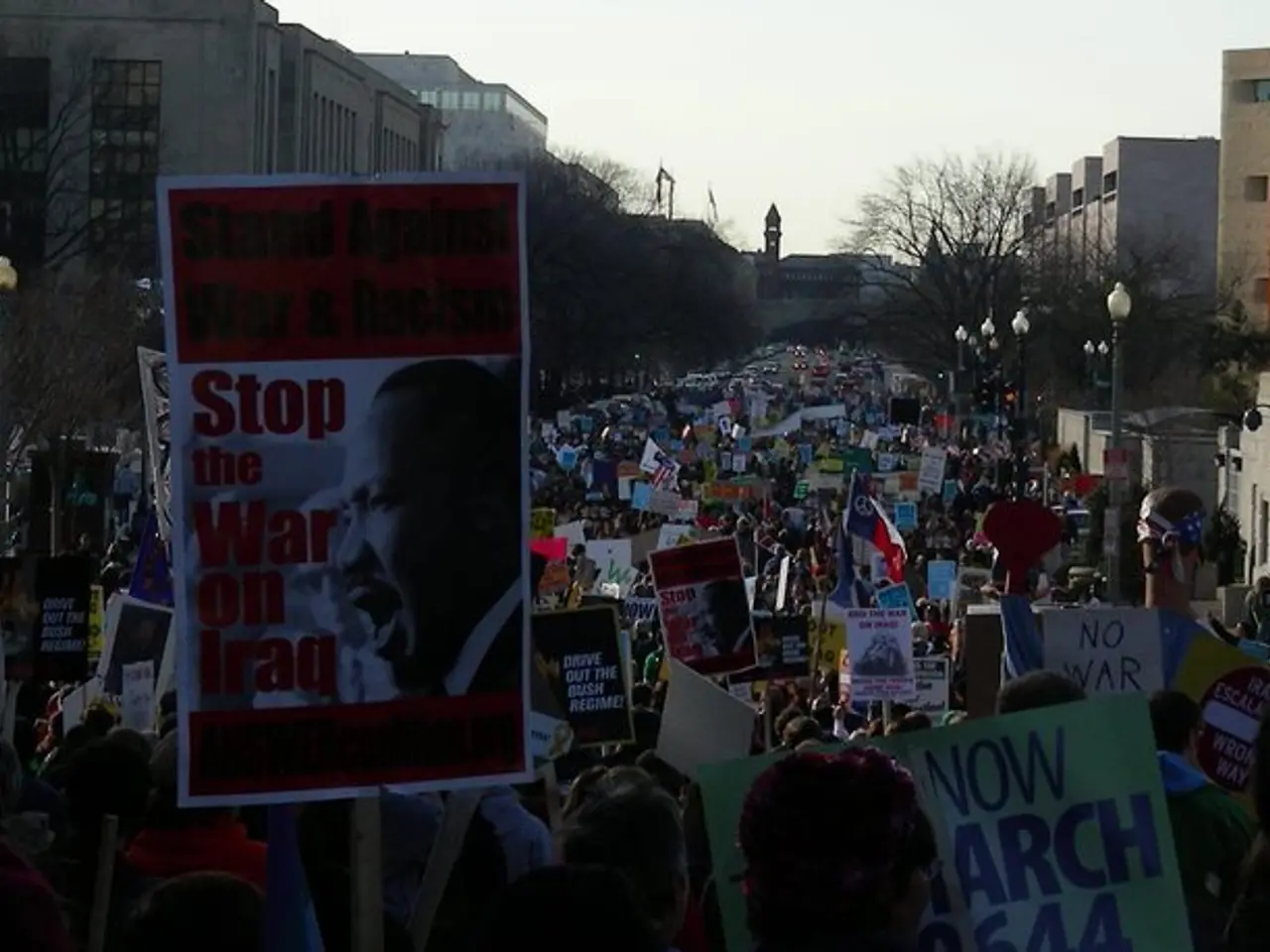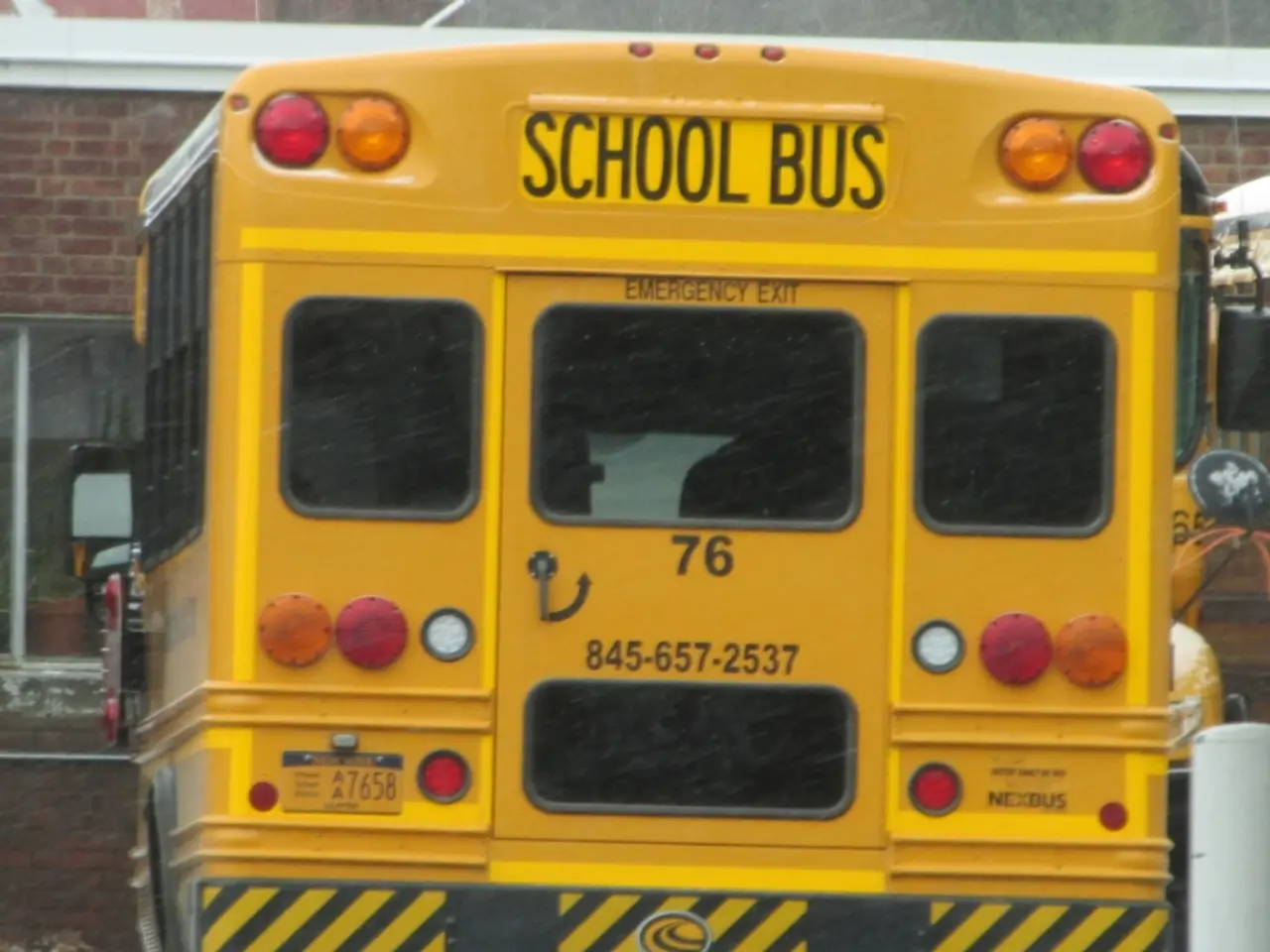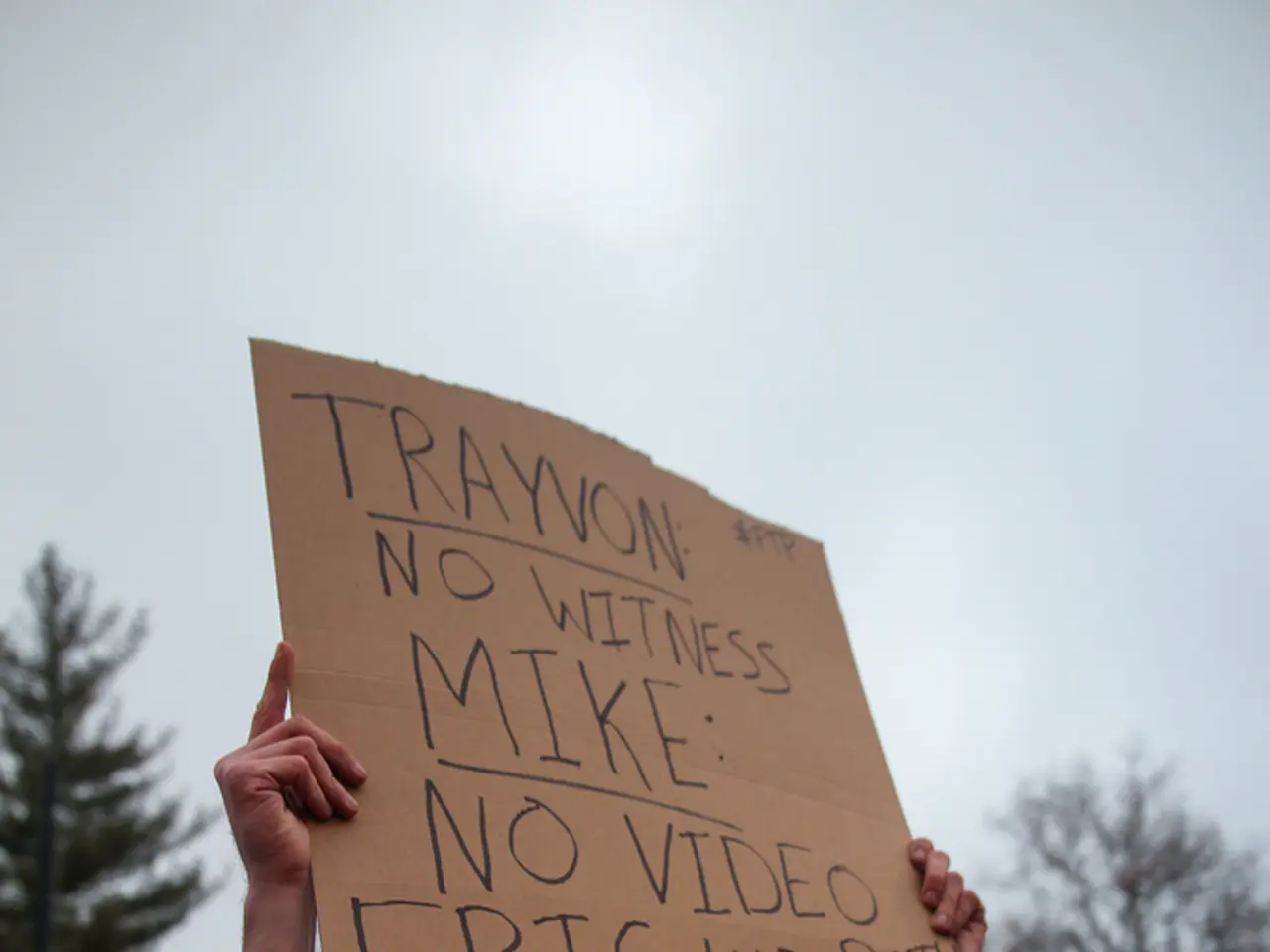U.S. President Trump Proposes Peace Summit Involving Armenia and Azerbaijan
In a groundbreaking development, U.S. President Donald Trump has announced a peace summit with Armenia and Azerbaijan, marking the culmination of decades-long efforts to resolve the Nagorno-Karabakh conflict. The summit, scheduled to take place at the White House, promises to bring an end to one of the longest-standing conflicts in the South Caucasus region.
The conflict, which began in the late 1980s, saw Armenia and Azerbaijan engaged in a bitter struggle over the Nagorno-Karabakh region. The conflict reached a significant turning point in 2023 when Azerbaijan launched an attack, resulting in Armenia losing control of the region. The attack displaced more than 100,000 ethnic Armenians, who were forced to flee their homes.
The peace summit, slated for this Friday, will be attended by the leaders of both nations: Azerbaijan's President Ilham Aliyev and Armenia's Prime Minister Nikol Pashinyan. The exact details of the peace agreement are yet to be disclosed, but it is expected to focus on economic matters, particularly the development of a strategic transit corridor.
Known as the Trump Route for International Peace and Prosperity (TRIPP), this corridor will run through the Zangezur corridor land and will be exclusively developed by the U.S. for 99 years. The U.S. plans to sublease this corridor to a consortium for the development of rail, oil, gas, fiber optic lines, and possibly electricity transmission. The corridor will connect Azerbaijan with its exclave Nakhchivan and provide a direct route linking Turkey and Azerbaijan, bypassing Iran and Russia.
The establishment of the TRIPP corridor aims to reduce the influence of Russia, Iran, and China in the South Caucasus region. However, Iran has voiced security concerns and threatened to block this corridor, although it previously welcomed the broader peace agreement.
The peace deal also includes the deployment of Russian peacekeepers and the formalization of ceasefires that arose after the 2020 conflict, where Azerbaijan reclaimed much of the disputed territories previously held by Armenians.
Since the attack, Armenia has been in a severe political crisis. The peace summit offers a glimmer of hope for stability and reconciliation in the region. Trump claimed that he was the first to successfully end the conflict between Armenia and Azerbaijan, a statement that remains to be seen as the full implications of the peace agreement unfold.
References:
[1] BBC News. (2025). Nagorno-Karabakh conflict: Azerbaijan and Armenia sign peace deal. [online] Available at: https://www.bbc.co.uk/news/world-europe-62474087
[2] The New York Times. (2025). Trump Announces Peace Deal in Nagorno-Karabakh Conflict. [online] Available at: https://www.nytimes.com/2025/08/01/world/europe/nagorno-karabakh-peace-deal.html
[3] The Washington Post. (2025). Trump hosts Armenia and Azerbaijan for peace summit. [online] Available at: https://www.washingtonpost.com/world/europe/trump-hosts-armenia-and-azerbaijan-for-peace-summit/2025/08/01/46b5a7d4-2347-11eb-b74a-2200ac9a3fb9_story.html
[4] Reuters. (2025). Iran voices security concerns over U.S.-backed corridor in Nagorno-Karabakh peace deal. [online] Available at: https://www.reuters.com/world/middle-east/iran-voices-security-concerns-over-us-backed-corridor-nagorno-karabakh-peace-deal-2025-08-02/
The peace summit, scheduled for this Friday, falls under the category of 'general news' as it concerns significant international developments. The South Caucasus region has been plagued by 'war-and-conflicts' for decades, with the disputed Nagorno-Karabakh region being a focal point of hostility between Armenia and Azerbaijan. The conflict has also been a matter of 'politics' as the peace agreement is expected to impact the regional balance, particularly in relation to the influence of 'crime-and-justice' players such as Russia, Iran, and China. The Trump Route for International Peace and Prosperity (TRIPP) corridor, a crucial aspect of the peace deal, aims to reduce the influence of these powers, leading to 'political' repercussions and potential 'crime-and-justice' challenges.






